|
Episode 78: Introducing ELSIhttps://blubrry.com/voices_from_darpa/132452728/episode-78-introducing-elsi/
April 30, 2024As a global leader in innovation, DARPA starts an average of 50 new programs each year. These programs span a variety of technical disciplines to develop breakthrough technologies for national security, all of which have the potential to raise ethical, legal, and societal implication – or, ELSI – considerations. Taking time to consider ELSI’s role in a program can contribute to the responsible development of emerging technologies by guiding innovation, maximizing the potential application space, and facilitating dialogue with future end-users, and the public, to ensure diverse perspectives and implications are considered. It can improve research by fostering conversations that identify unknowns, anticipate consequences, and make design decisions to maximize benefits and opportunities and minimize risks and harms. In this episode of Voices from DARPA, we’ll hear from DARPA Director, Dr. Stefanie Tompkins, to explain the agency's perspective on those implications, as well as Dr. Bart Russell, deputy director of the Defense Sciences Office, on what it would mean to incorporate ELSI across the agency more formally. Finally, Dr. Rebecca Crootof, DARPA’s inaugural ELSI Visiting Scholar, will discuss her journey to the agency and her approach to developing a process to ensure that ELSI can inform — and even improve —DARPA programs. That sounds like a lot of responsibility, influence, and potential impact – for some, maybe, too good to be true? Ethical, Legal, and Societal Implications of Emerging Technologies at DARPA DARPA currently is seeking applicants for the 2025 ELSI Visiting Scholar. The deadline to apply is June 3, 2024. Origin of the term ELSI: Three decades of ethical, legal, and social implications research: Looking back to chart a path forward The piece references a class from Dr. Oona A. Hathaway
0 Comments
What To Know For Mosquito Awareness Week 2024
LISTEN • 19:28 This week is California’s Mosquito Awareness Week, a fitting time considering that California is now starting to move into the spring. With that transition from rainy to sunny, those puddles of loose water you’ll find around your home become a breeding ground for mosquitoes…literally. So to avoid the chance of those pesky bug bites, or even contracting a virus, it’s best to keep places dry and prepare through other means. So what are the best ways to protect yourself? And in what ways are advancements in science helping fight that battle? Joining us today are Susanne Kluh, General Manager for the Greater Los Angeles County Vector Control District, and Omar Akbari, professor of cell and developmental biology at UC San Diego. https://laist.com/shows/airtalk/google-to-limit-access-to-ca-news-sites
November 8, 2023 @ 12:00-1:00 PM 1115 11th Street, SacramentoTalk by Dr. Nikolay Kandul from UC San Diego and Professor Chris Barker, School of Veterinary Medicine, UC Davis
In this session, Professor Chris Barker and Dr. Nikolay Kandul will address the critical issue of mosquito control and the prevention of mosquito-borne diseases in California. Professor Barker will present his laboratory’s work on tracking and mapping invasive mosquitoes carrying the West Nile virus, dengue, Zika, and chikungunya, which have been increasingly detected in places like southern California and the Central Valley in recent years. His research highlights the need for a better understanding of the fine-scale processes that affect spread and control. Dr. Kandul will then introduce a cutting-edge solution for mosquito control—the Next-Generation Sterile Insect Technique (ngSIT). By crossing two mosquito strains to release ngSIT eggs that develop into sterile male mosquitoes, this innovation offers cost-effective, environmentally friendly mosquito suppression without compromising male mosquito fitness, longevity, or competitiveness in the environment. This holds the potential to work across different mosquito species and multiple species simultaneously, representing a significant advancement in safeguarding California from these disease-carrying insects. Professor Chris Barker is a professor in the Department of Pathology, Microbiology, and Immunology at the UC Davis School of Veterinary Medicine. Dr. Baker studies the epidemiology and ecology of mosquito-transmitted viruses, and he directs California’s central diagnostic laboratory and related data management systems for surveillance of mosquito-borne viruses. Dr. Barker has M.S. degrees in epidemiology and entomology and a Ph.D. in medical entomology. Dr. Nikolay Kandul is an evolutionary biologist from Harvard and Duke Universities where he dissected genetic origins of new species. Shifting to genetic engineering, he pioneered mitochondrial DNA tech at Caltech, uncovering cell rejuvenation. At UC San Diego, he created innovative tools like pgSIT and CRISPR-driven gene drive for insect control. Co-founding Synvect, he is dedicated to finding practical solutions for mosquito control in real-world settings. Please click here to view the video. Please click here to view the PowerPoint presentation. PLEASE CLICK HERE FOR A PRINT FRIENDLY FLYER. TO ATTEND IN PERSON, PLEASE CLICK HERE TO REGISTER. TO REGISTER FOR THE ZOOM WEBINAR, PLEASE CLICK HERE. https://www.youtube.com/watch?v=cAmKQcZWb4s
Malaria, a deadly disease claiming the lives of over 600,000 people annually, has been a global health challenge for far too long. But what if I told you there's a remarkable breakthrough on the horizon that could transform how we prevent and combat this devastating disease? Dr. Omar Akbari and his team have achieved the seemingly impossible. They've developed innovative techniques for editing malaria genes within mosquitoes, opening a new chapter in the fight against this ancient scourge. This discovery has the potential to revolutionize the way we approach not just malaria but numerous other dangerous diseases carried by insects. In this episode, we'll explore the science behind this groundbreaking research, its implications for global health, and the journey that led Dr. Akbari to this momentous breakthrough. Get ready to be inspired and informed as we delve into the world of gene editing and its profound impact on disease prevention. So, whether you're a science enthusiast, a global health advocate, or simply eager to learn about the incredible strides being made to save lives, you're in for a treat! Without further ado, let's welcome Dr. Omar S. Akbari to the show! --- 🔗 Stay connected with Future Here: Website: https://www.future-here.com Twitter / X: https://twitter.com/futurehereshow Instagram: https://instagram.com/futurehereshow Facebook: https://facebook.com/futurehere Future Here covers cutting-edge science and technology that has the potential to help solve some of humankind's biggest challenges. Listen to the Future Here podcast: Youtube: https://www.youtube.com/playlist?list... Spotify: https://open.spotify.com/show/3IpdF1w... Apple Podcasts: https://podcasts.apple.com/fi/podcast... Google Podcasts: https://podcasts.google.com/feed/aHR0... Topics include: AI Biotech Renewable energy Solar power Quantum computing Space exploration and other interesting future technology https://omny.fm/shows/knxam-on-demand/uc-san-diego-using-genetically-modified-mosquitoes
Researchers at UC San Diego are working on genetic modifying technology .. that could eventually wipe-out much of the world's "malaria-carrying mosquitoes." UCSD biologist Omar Akbari tells KNX .. they're genetically altering male mosquitoes - to take aim at their female counterparts. Akbari says .. they are honing in on just a few mosquito species - that carry and spread malaria .. so it's NOT about wiping-out ALL female mosquitoes. For the first time in at least 20-years, malaria cases are spreading in states like Florida, Texas and Minnesota.
University Host Session: Endemic and emerging infectious diseases throughout the world are a persistent threat to US military, and biological and chemical weapons are a threat to all. Innovations at the intersection of engineering, biological, chemical and life sciences provide opportunities for detection of pathogens and novel methods of treatment delivery modalities. This session presents an array of research breakthroughs is dealing with pathogens: detecting them in the air (bio/chemical weapons), combating their drug resistance and eradicating insect-borne diseases with the help of gene editing, and employing plant viruses as prefabricated nanoparticles in treatments of infectious diseases and cancer. Additionally, ideas for steering chemical reactions using interacting photons and excited electrons in optical resonators will be presented.
https://www.youtube.com/watch?v=HwmD32KrgOA&list=PL6wMum5UsYvaQ5CCEFd4I6noNtOsPKwc0&index=13 |
Archives
June 2024
|
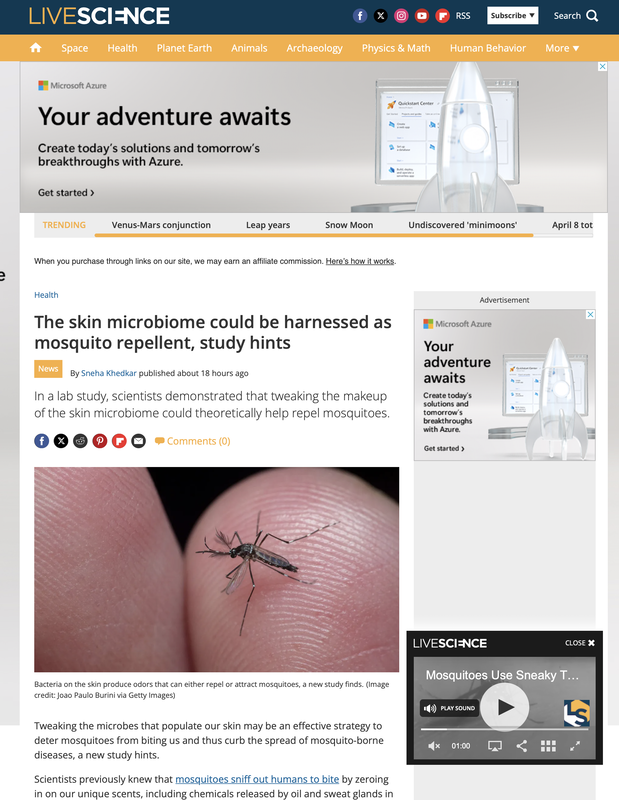
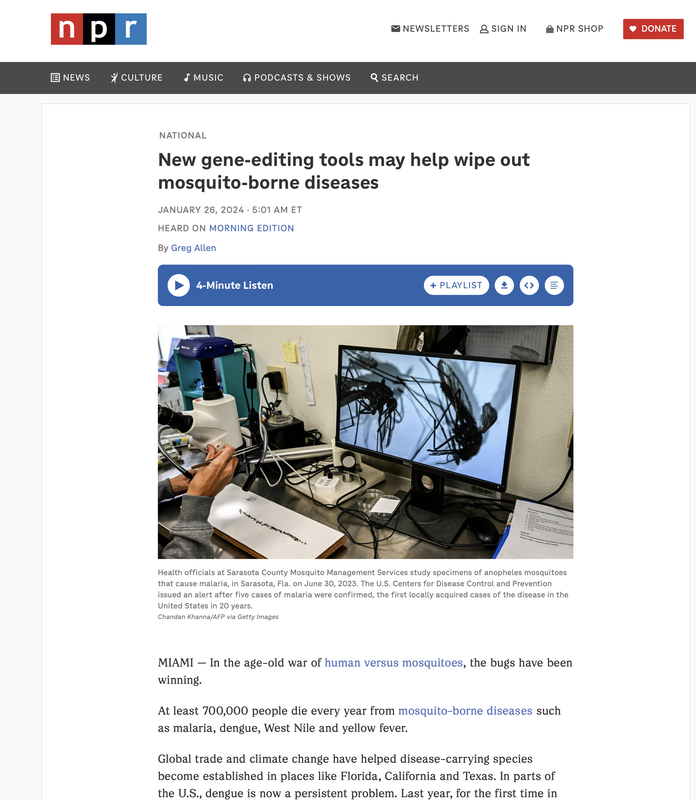
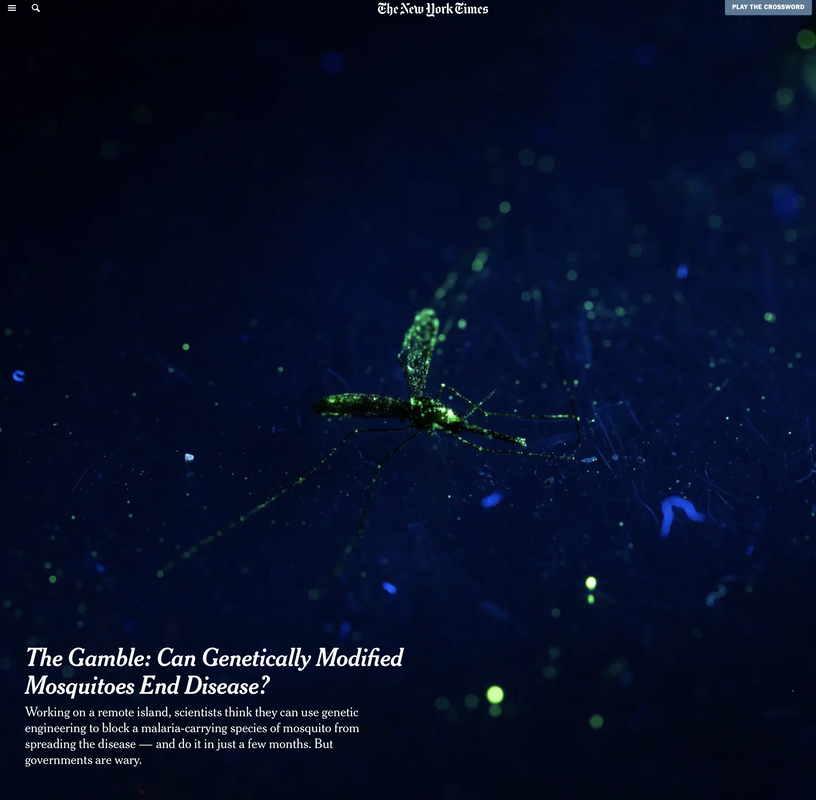
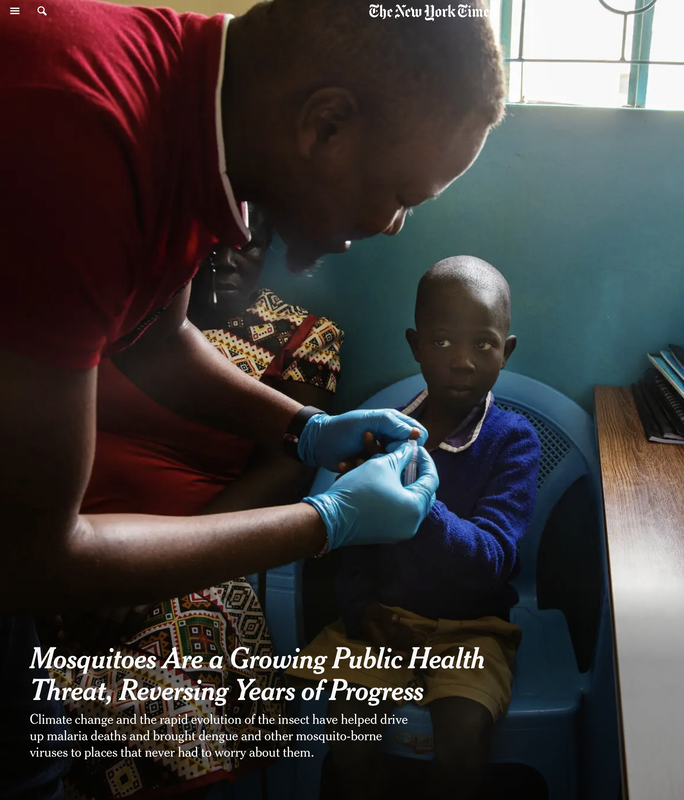
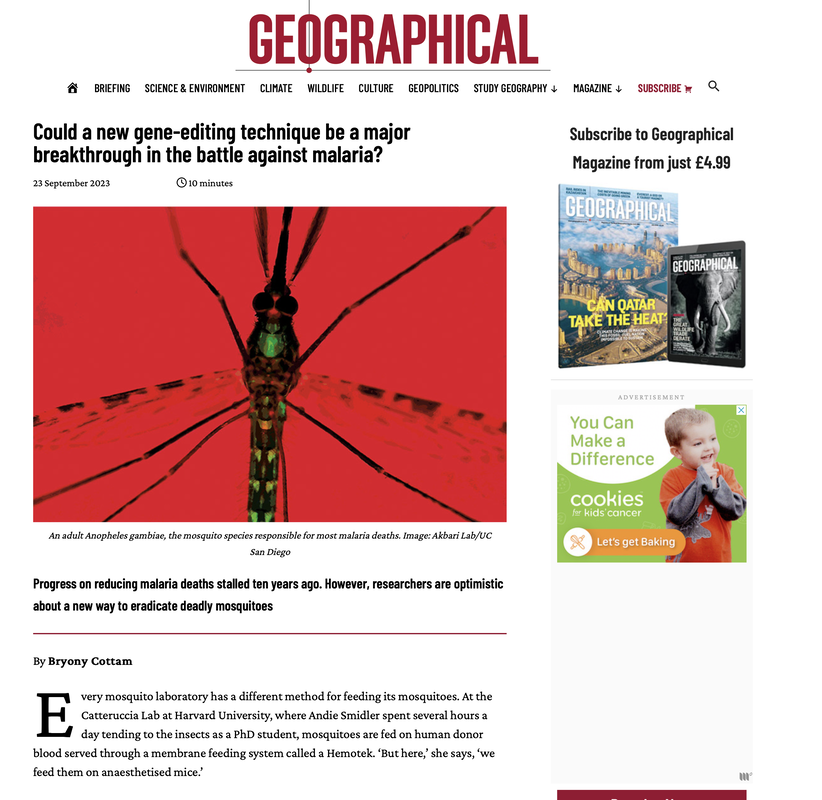
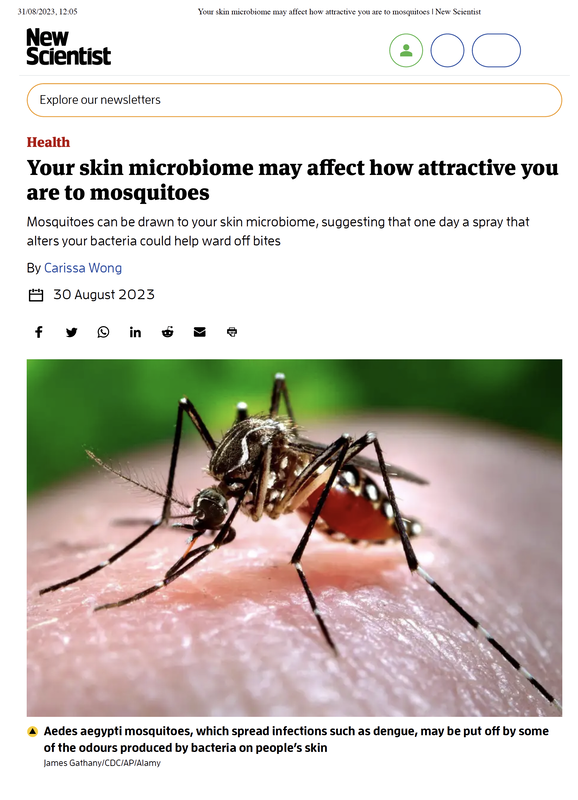
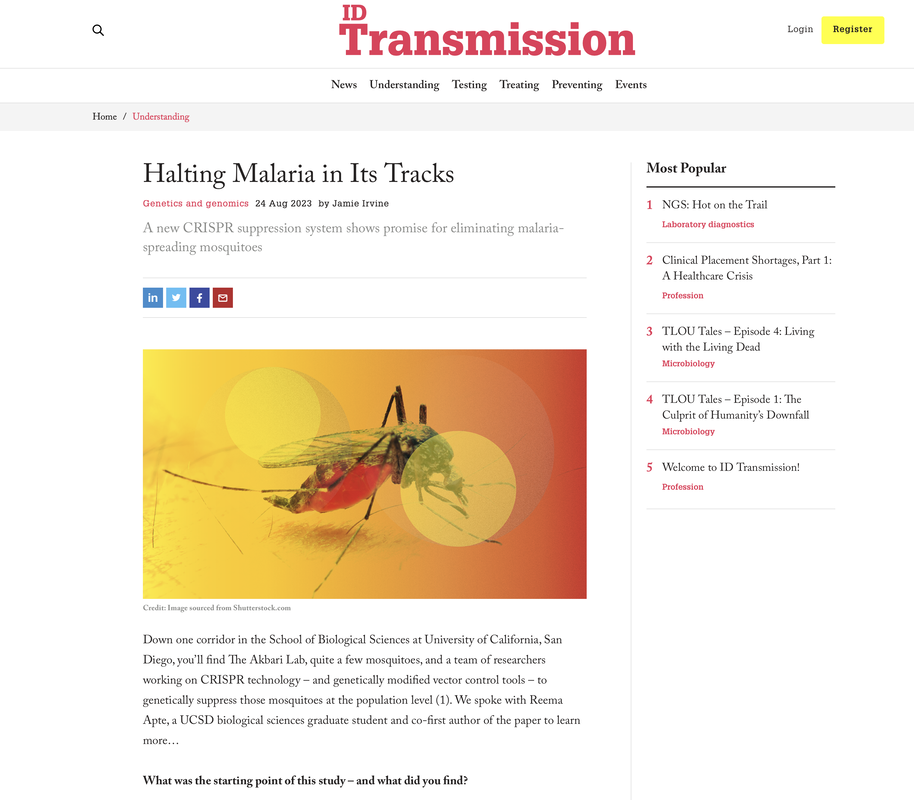
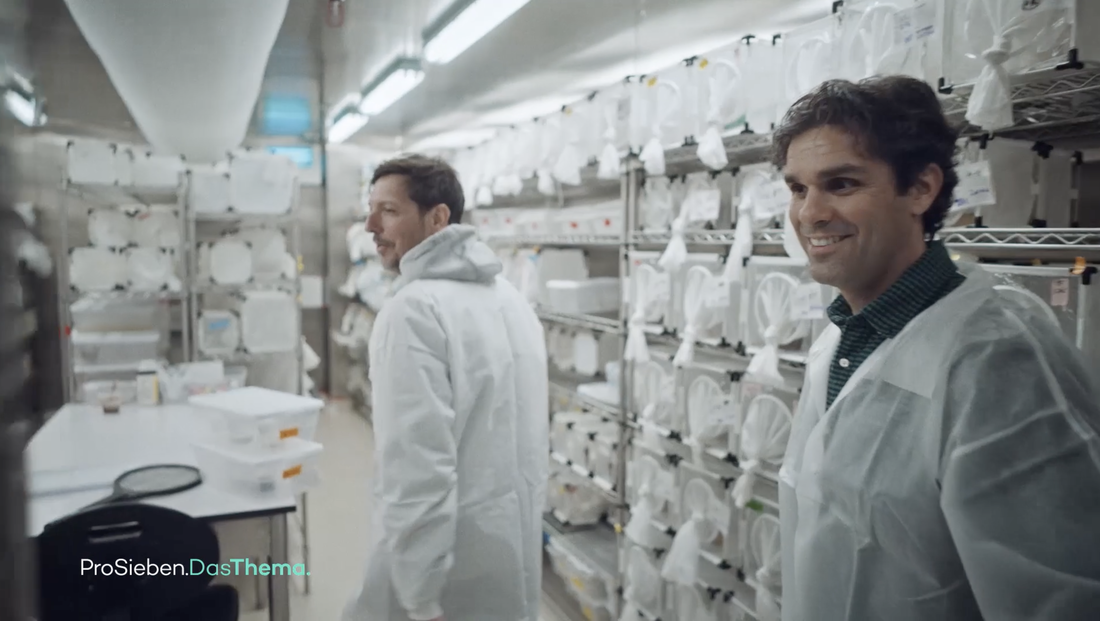
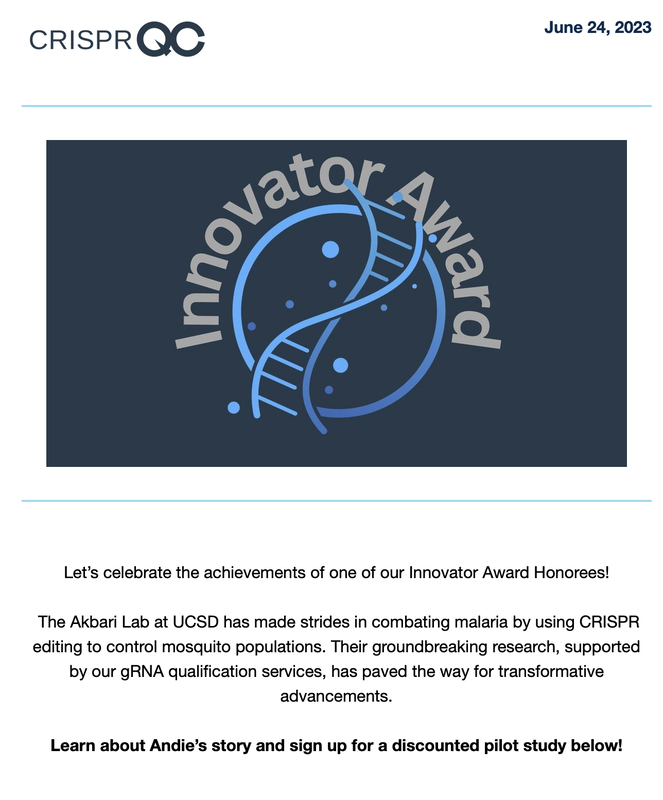
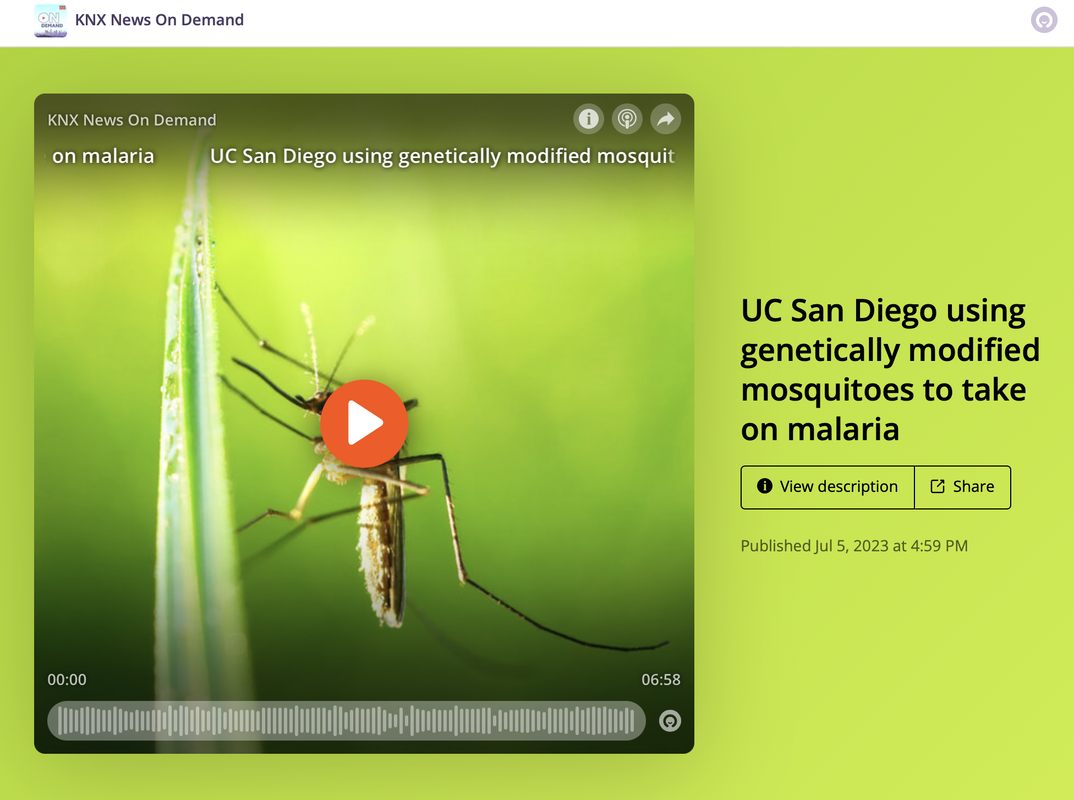
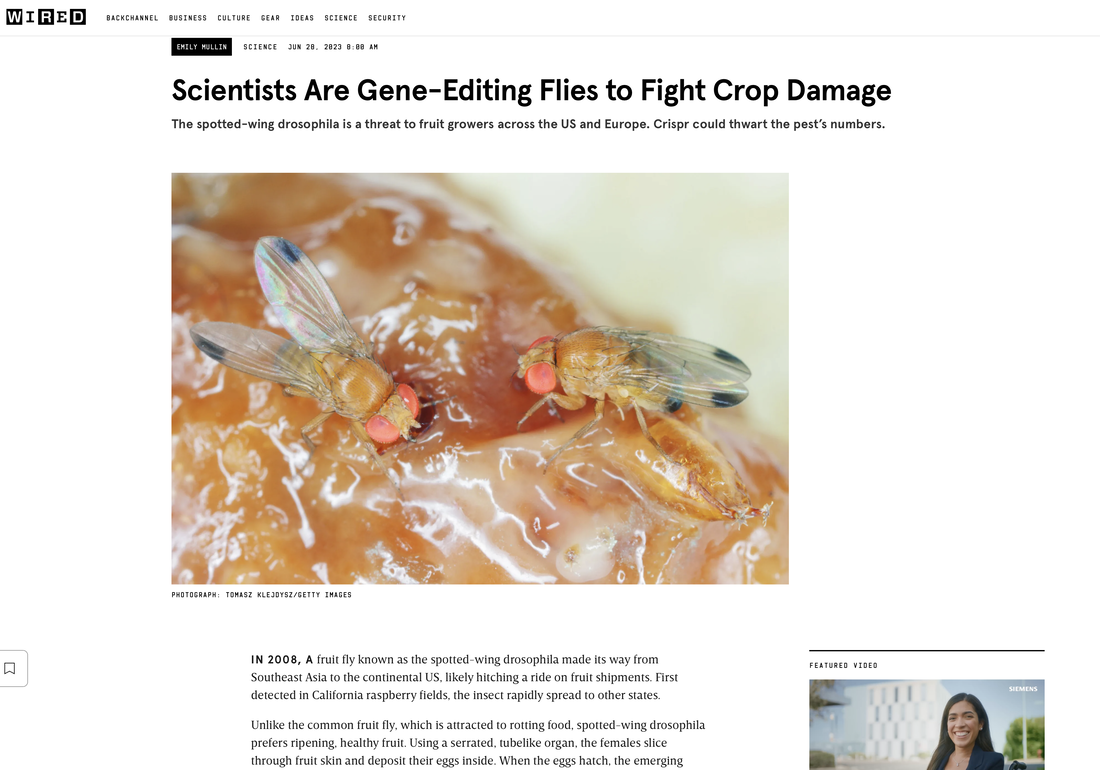
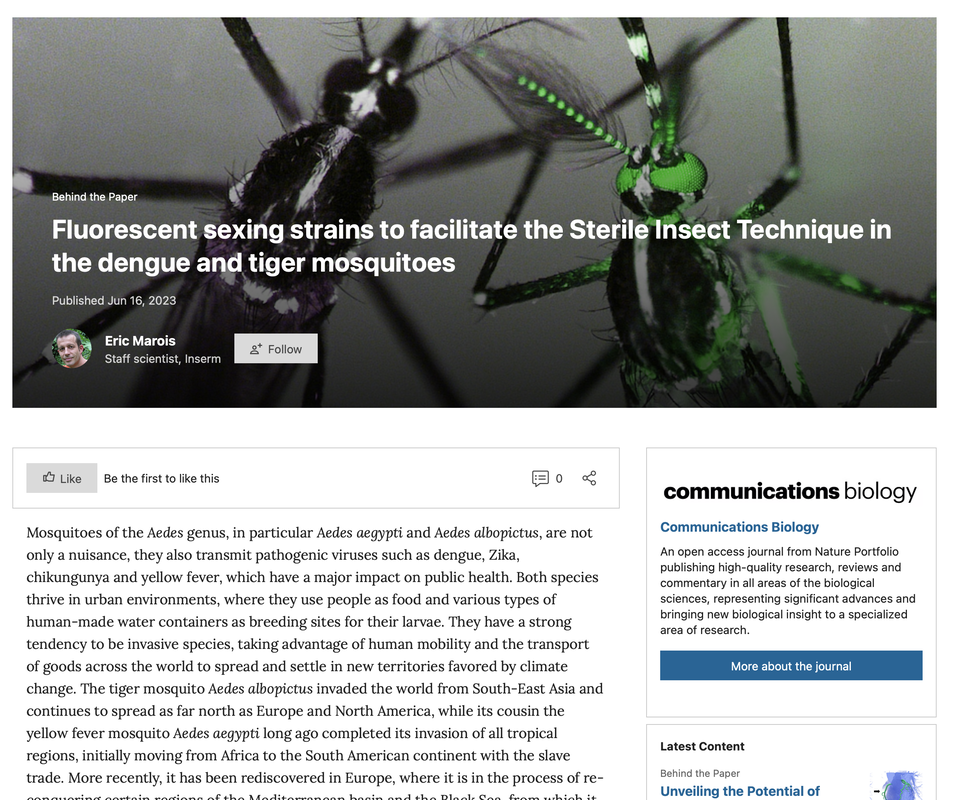
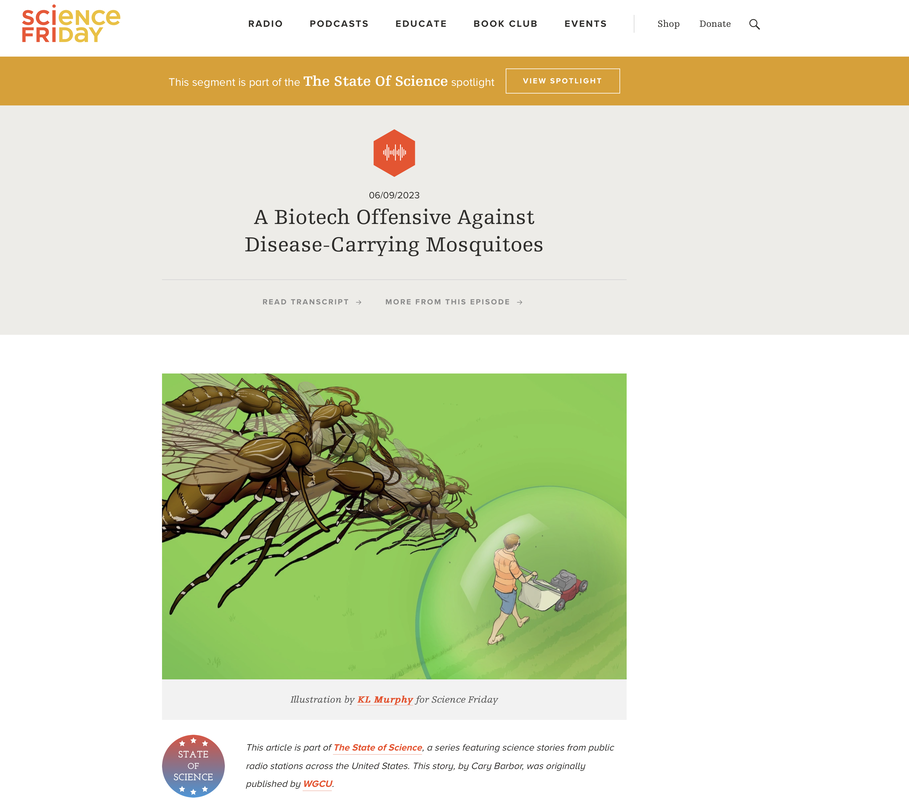
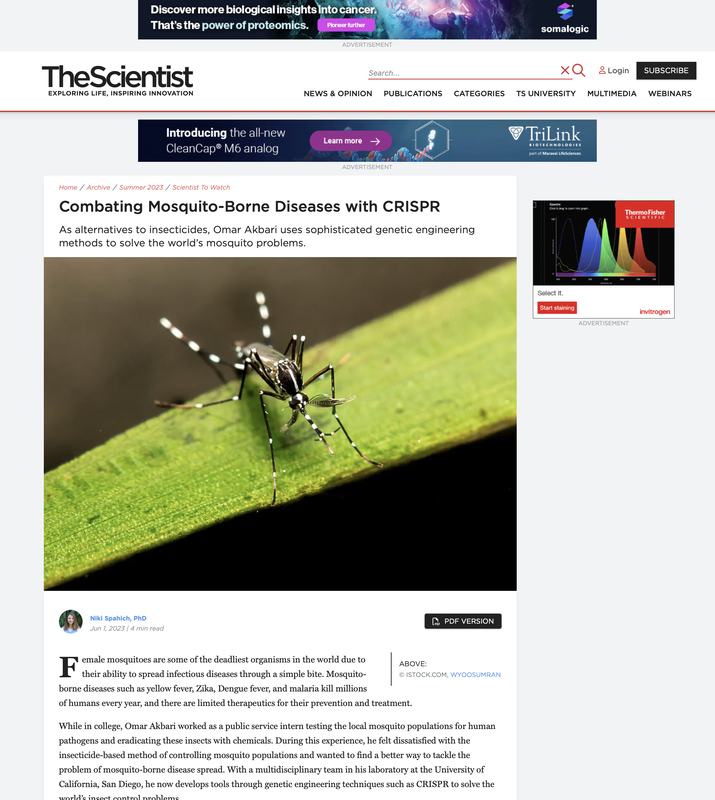
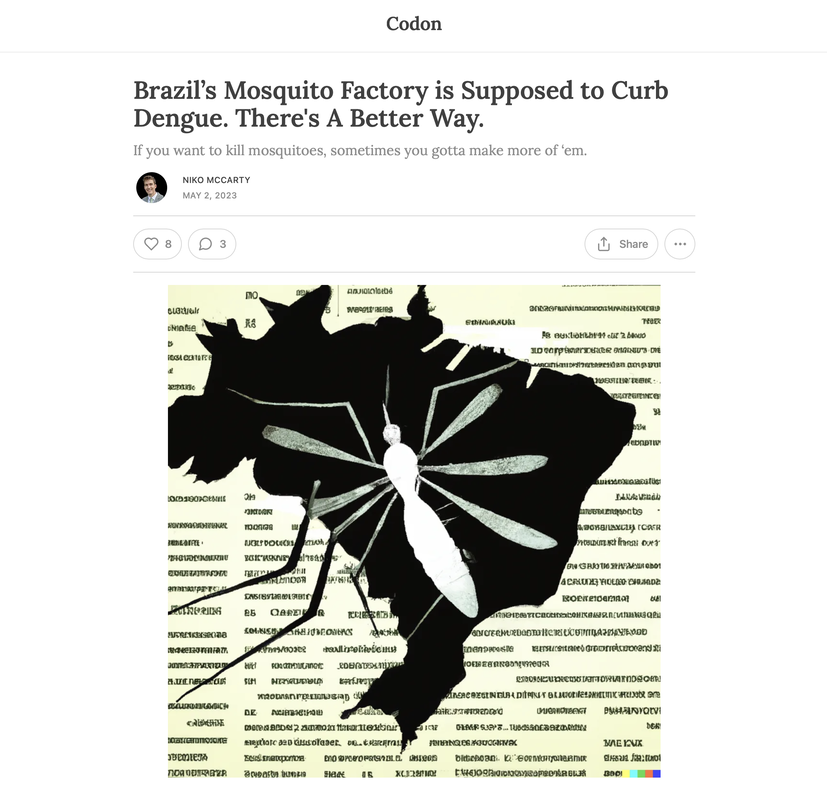
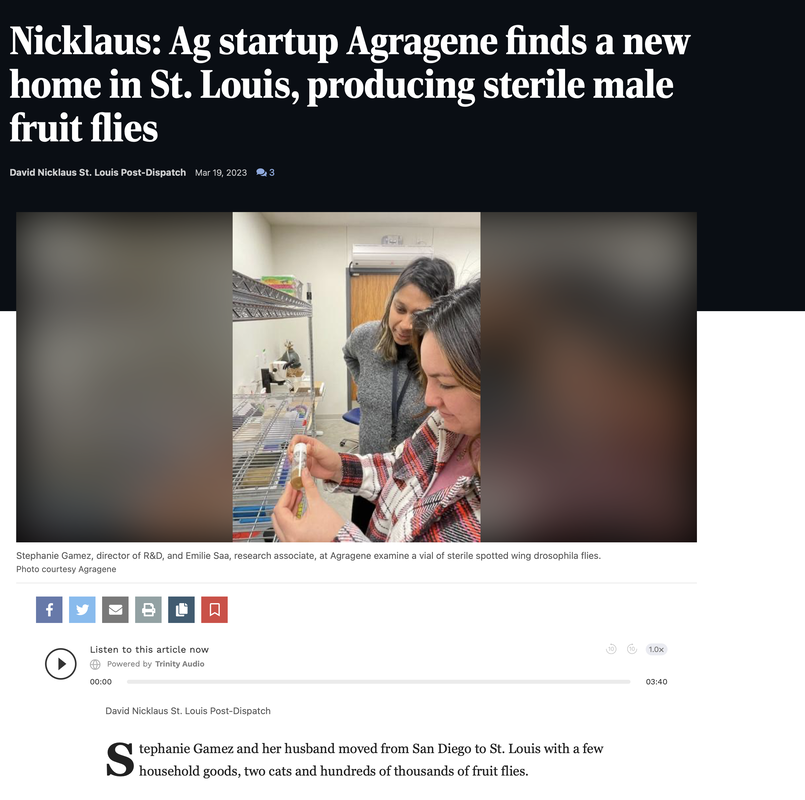
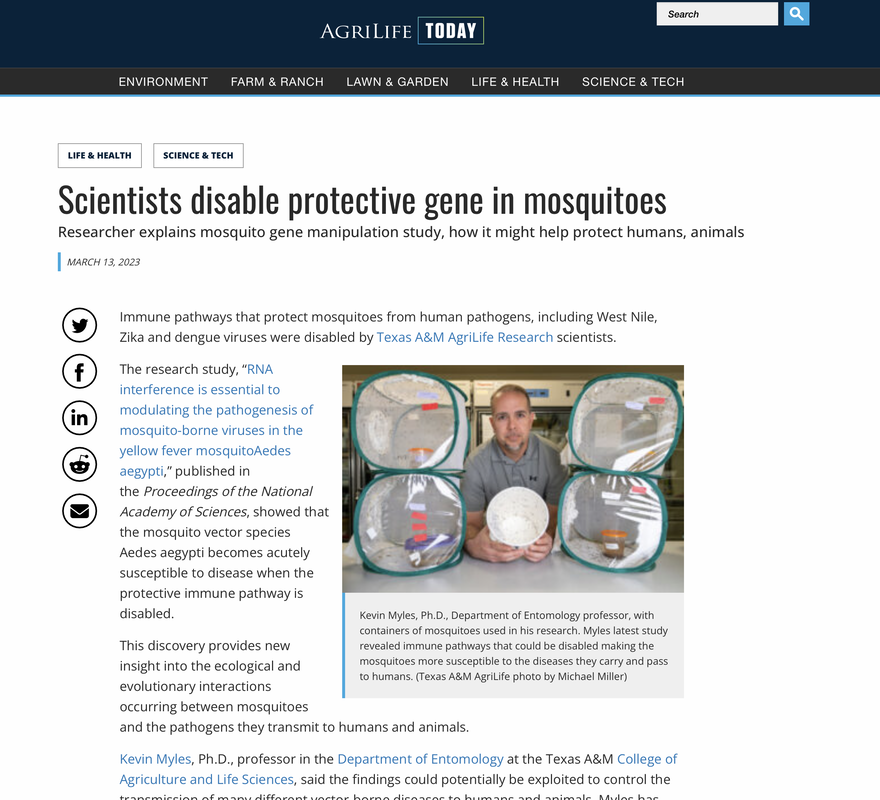
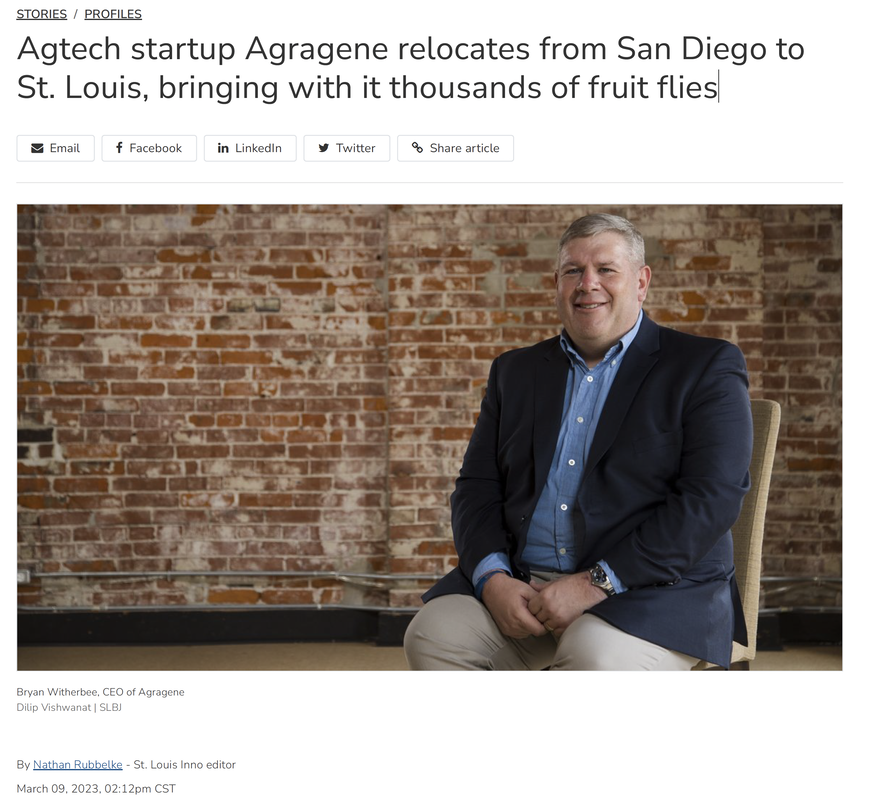
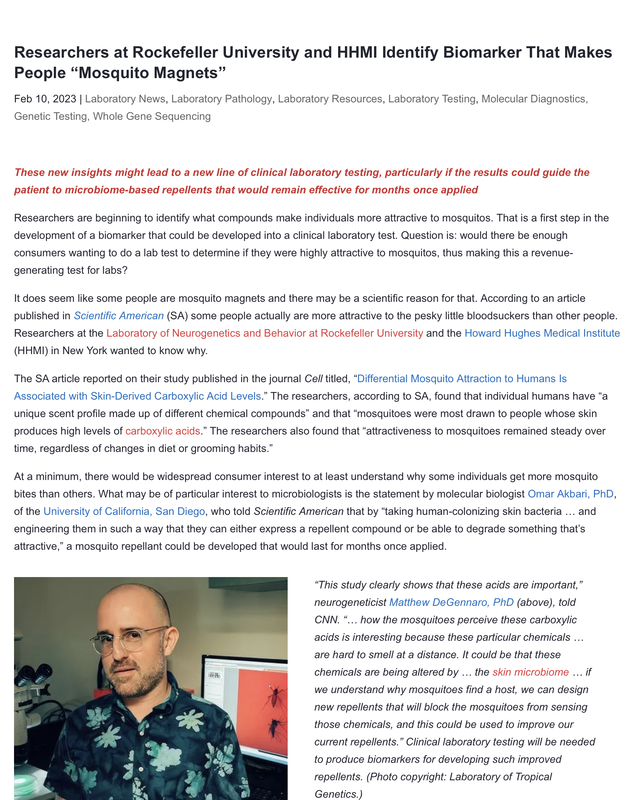
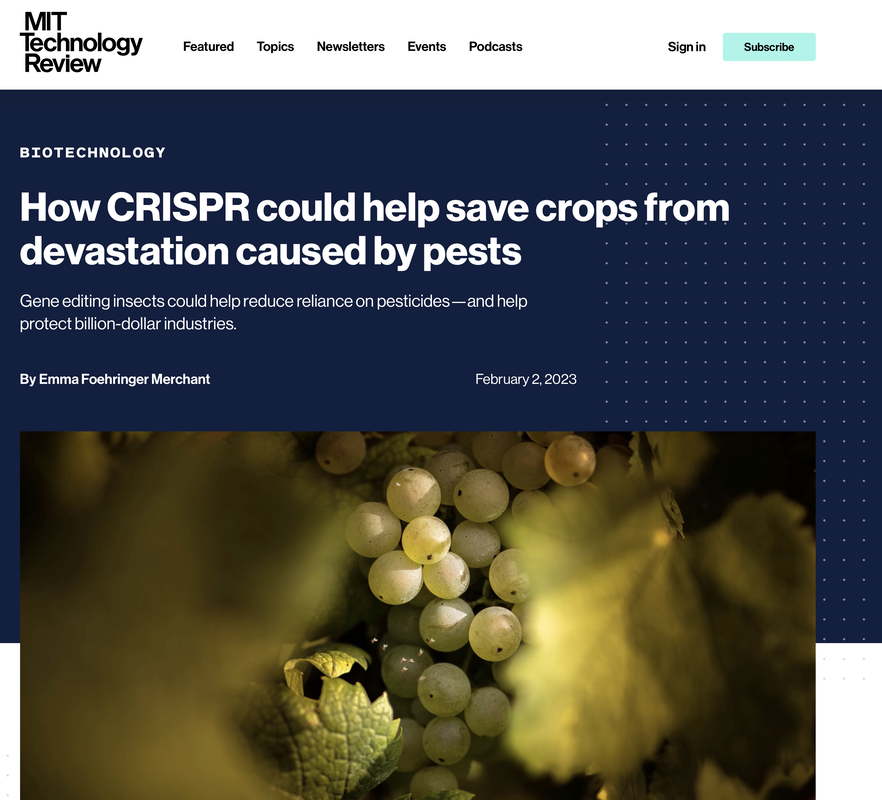
 RSS Feed
RSS Feed
